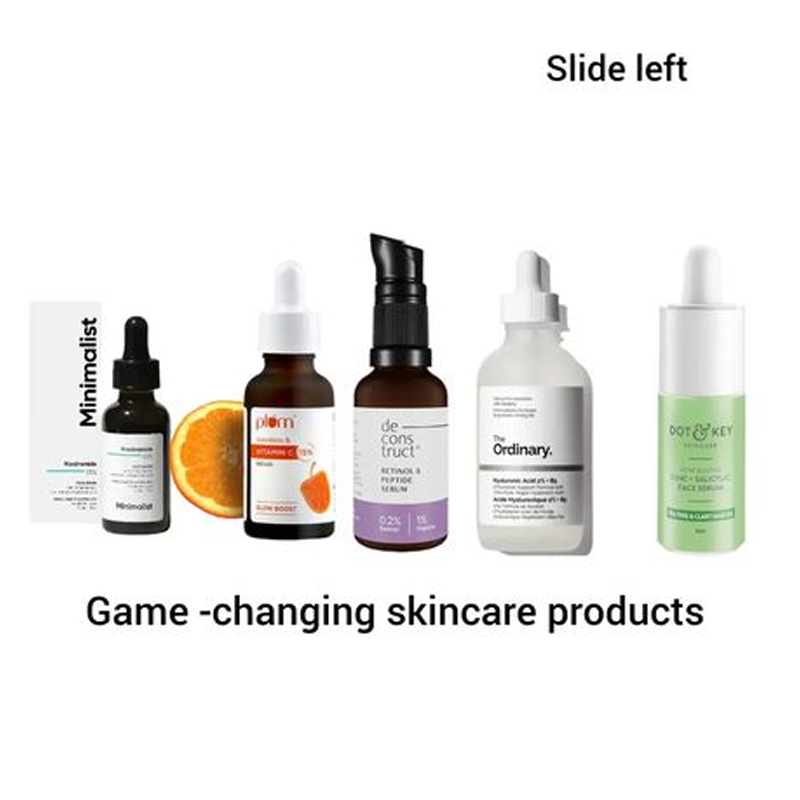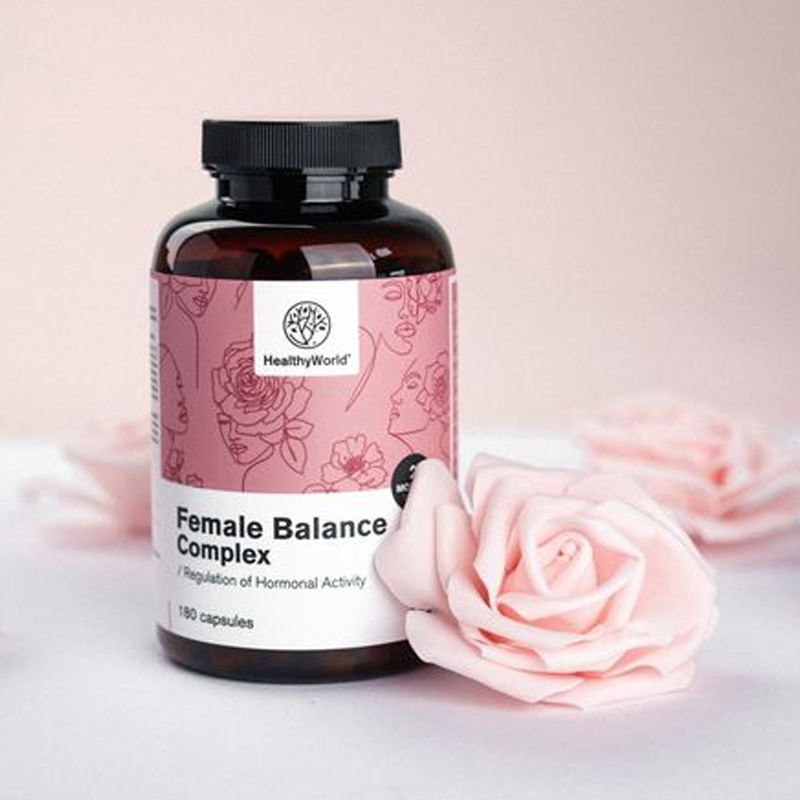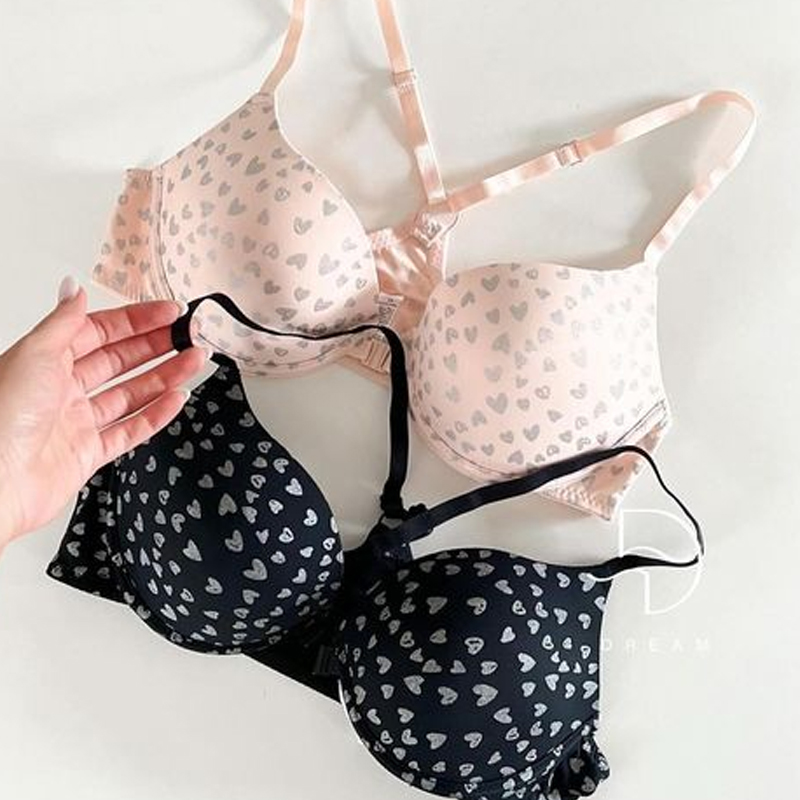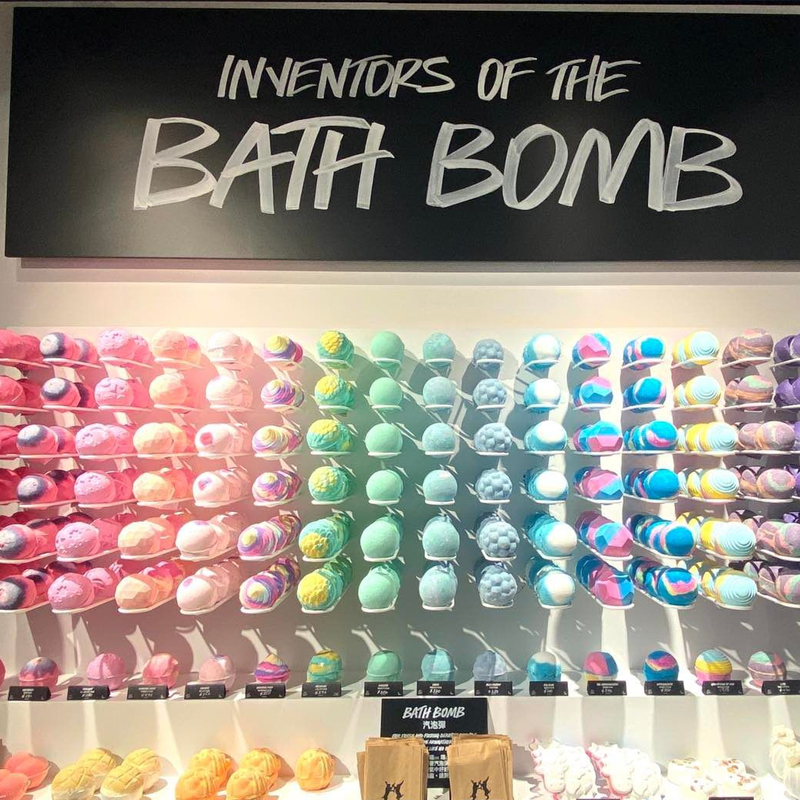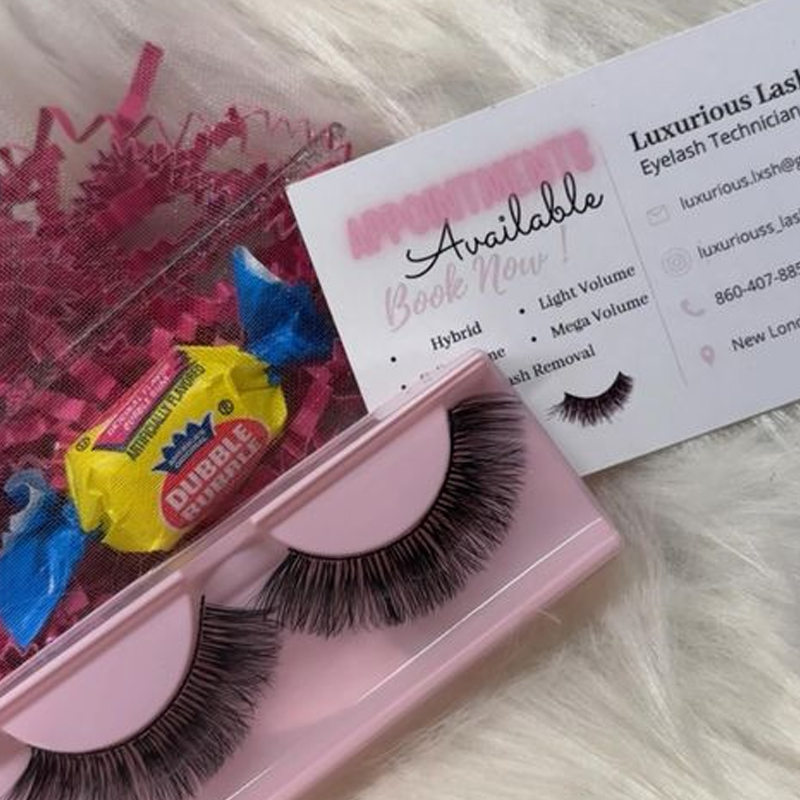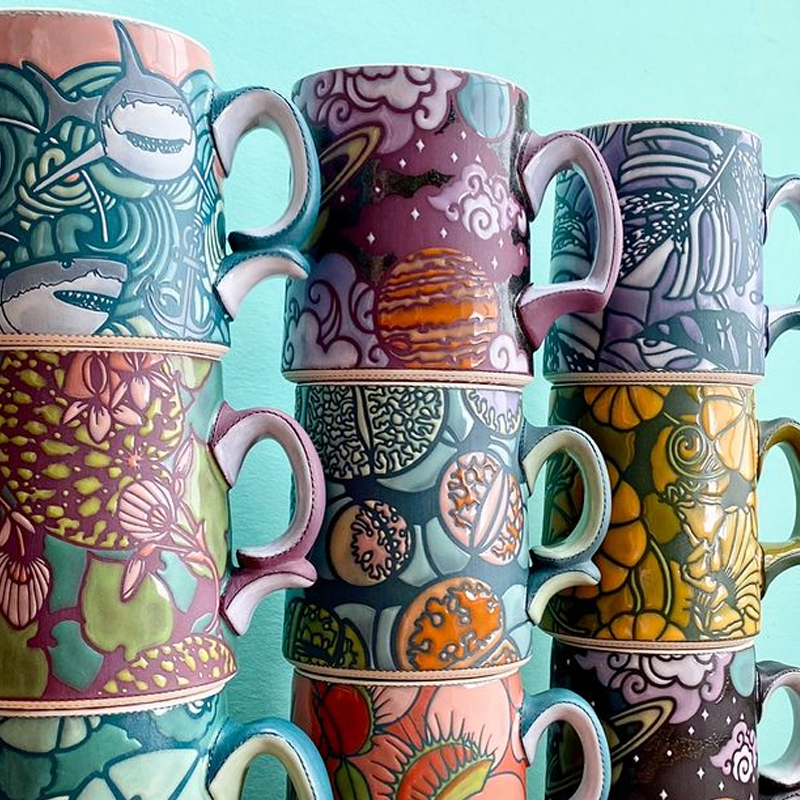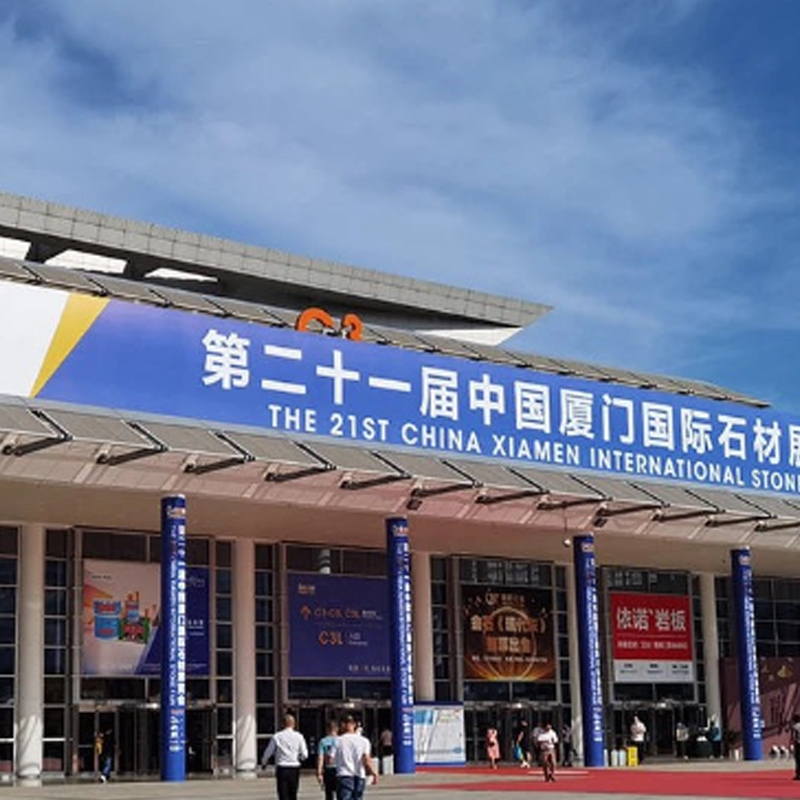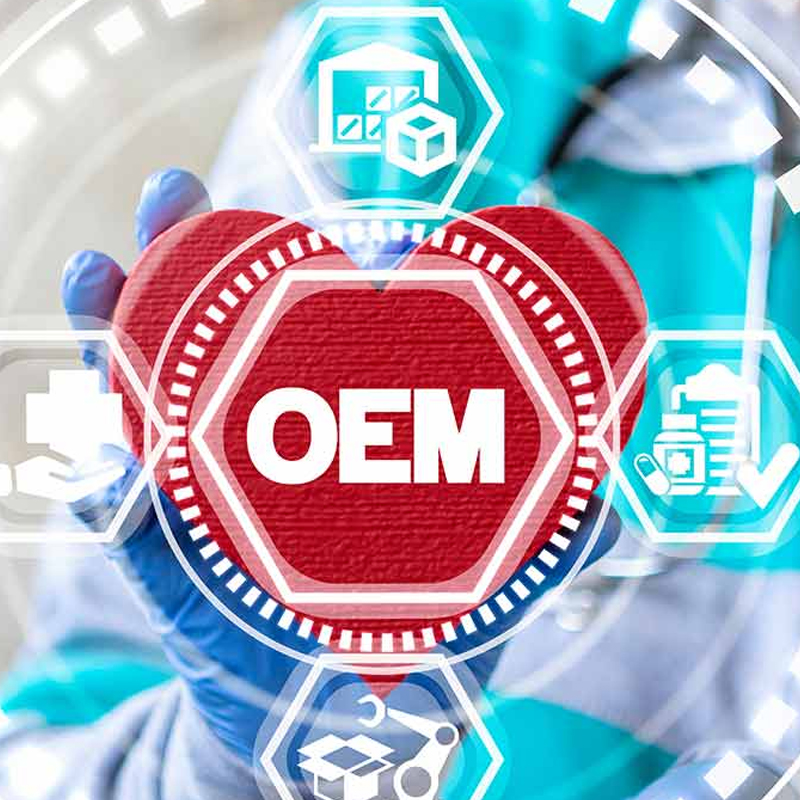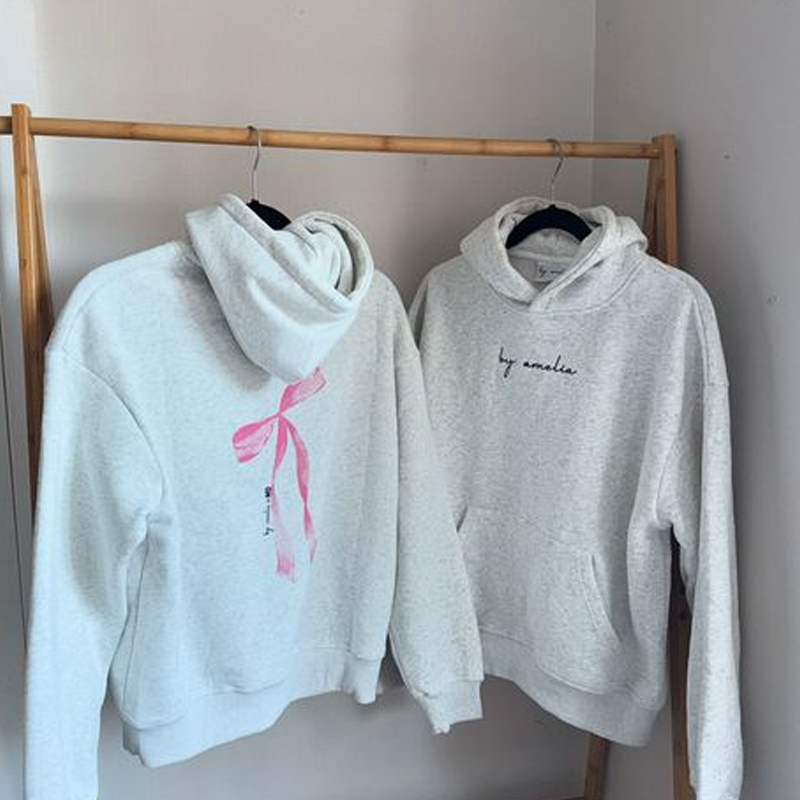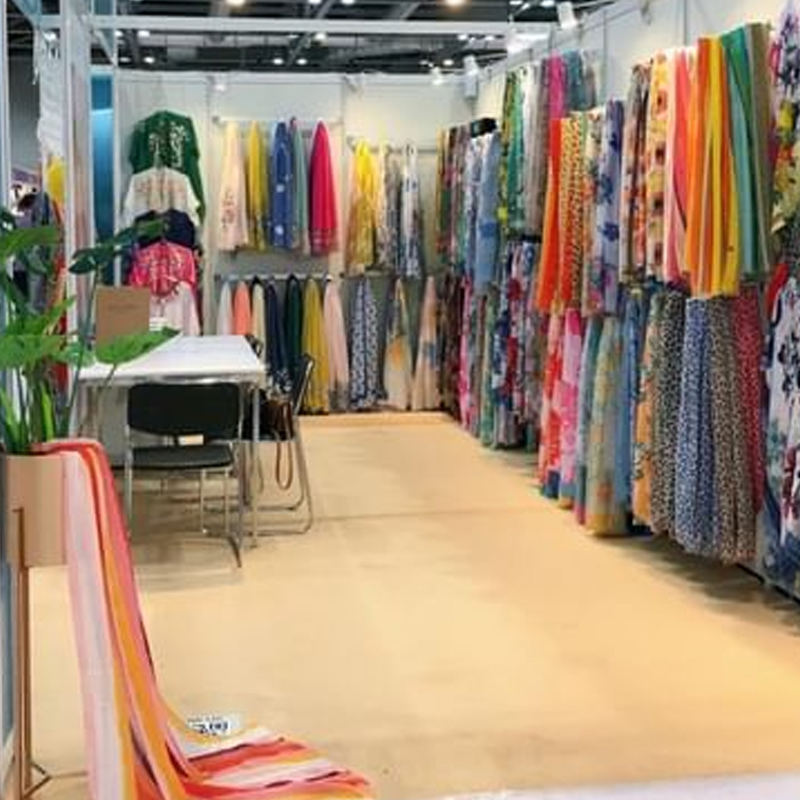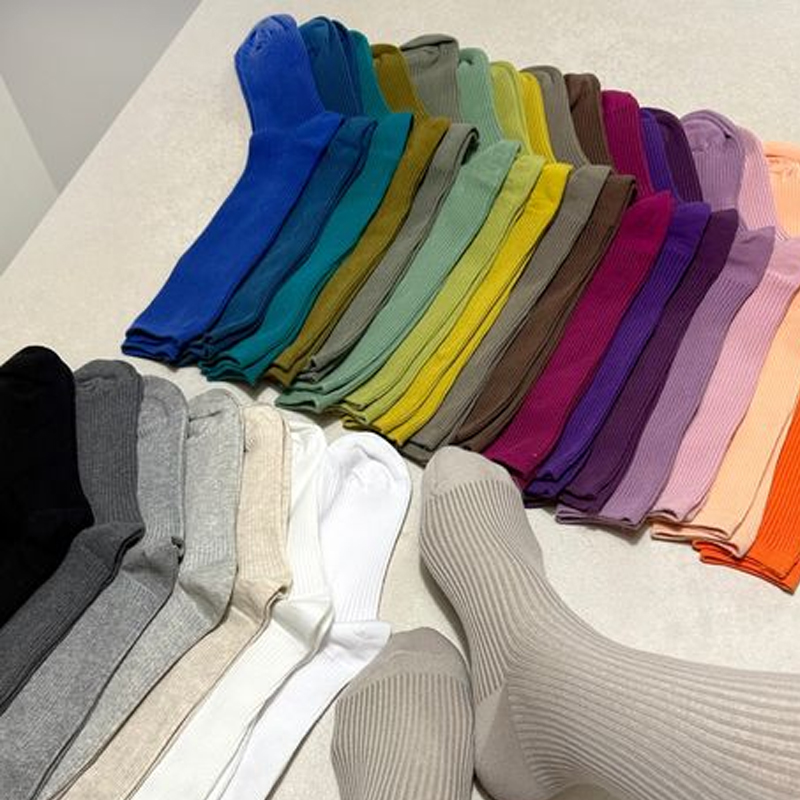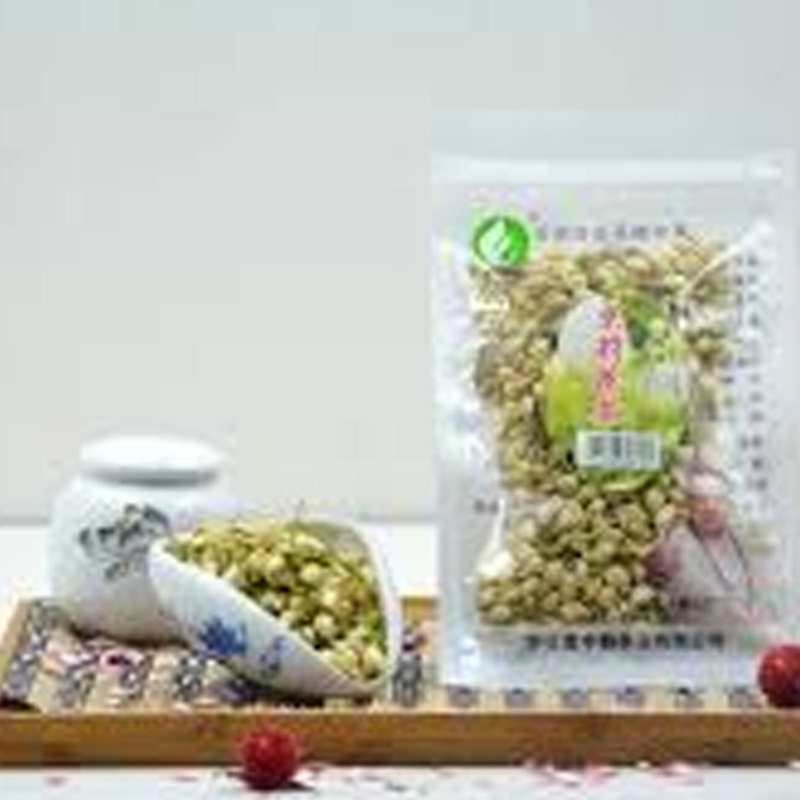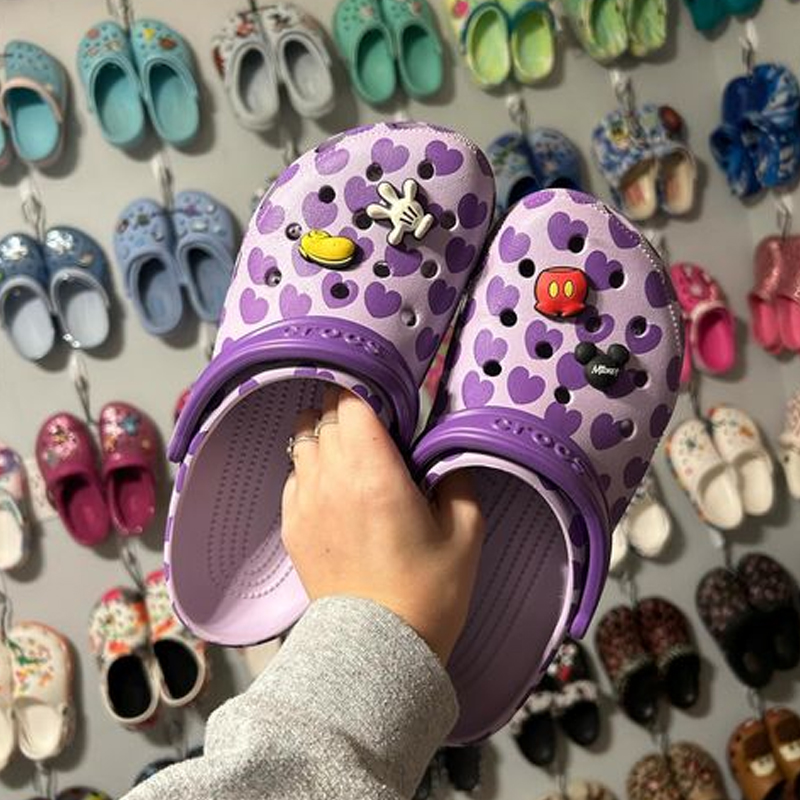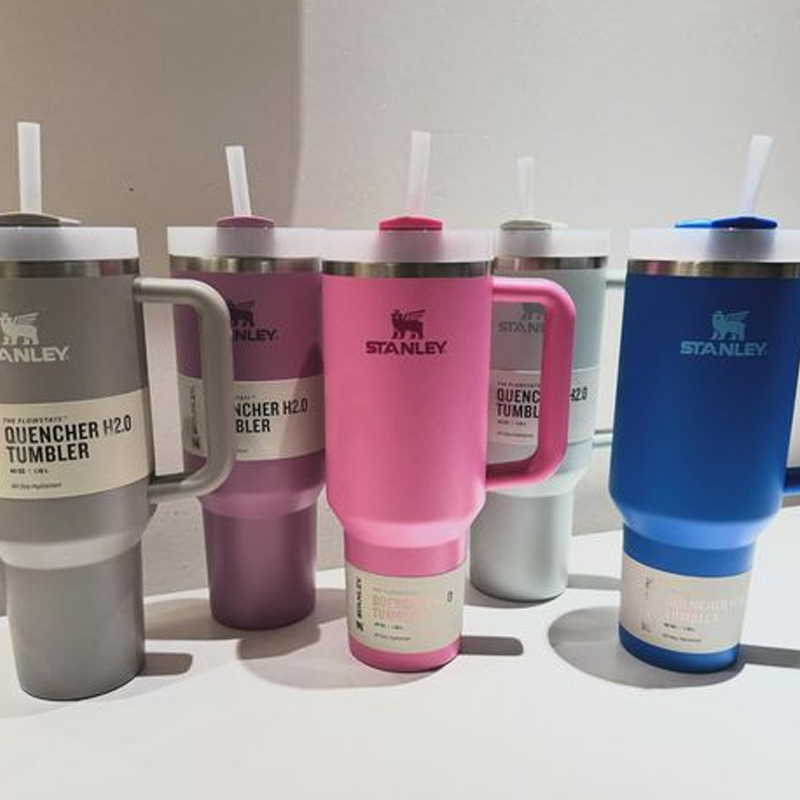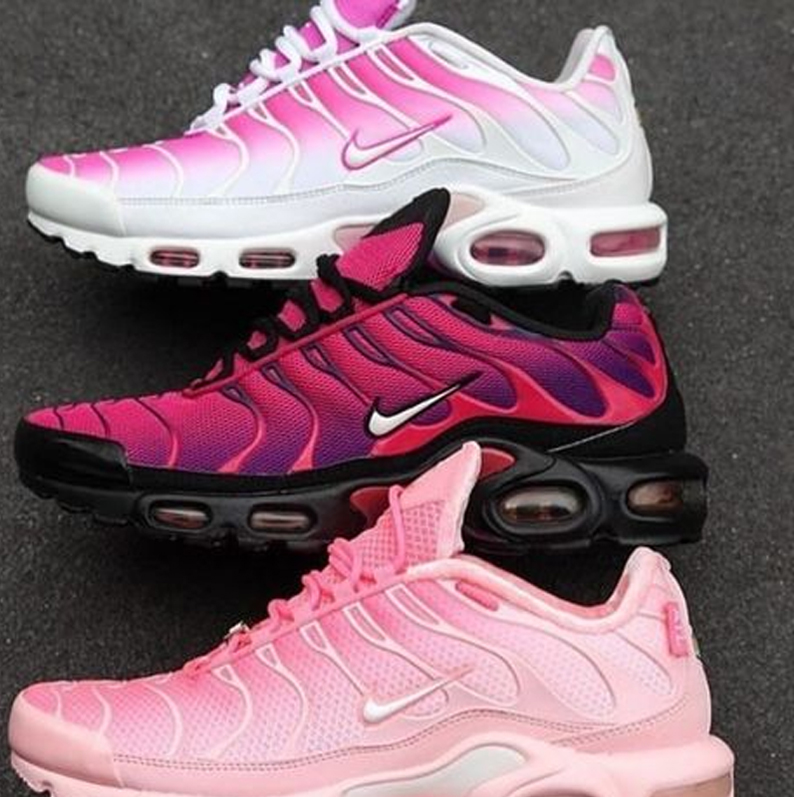Dive into the captivating world of private label perfumes! This comprehensive guide will take you on an aromatic journey through the intricacies of scent development, ingredient sourcing, and brand storytelling. Whether you’re a budding entrepreneur or an established business looking to expand, understanding the essence of creating a unique fragrance brand is crucial in today’s competitive market. Read on to discover how you can master the art of private label perfumes and carve out your niche in the fragrance industry.
The Fascinating World of Private Label Perfumes: An Introduction
Private label perfumes offer a unique opportunity for businesses to create bespoke fragrances that resonate with their target audience. By partnering with fragrance houses, companies can develop signature scents that embody their brand identity and values. This process involves a delicate balance of creativity, science, and marketing savvy.
The private label perfume industry has seen significant growth in recent years, driven by consumer demand for unique, personalized products. This trend has opened doors for entrepreneurs and established brands alike to enter the fragrance market with innovative offerings.
Key Takeaways: Your Roadmap to Private Label Perfume Success
- Understanding the role of fragrance houses in scent development
- Importance of quality ingredient sourcing and supply chain management
- Targeting the right demographics through effective brand storytelling
- Implementing robust quality control measures
- Developing competitive pricing models
- Embracing packaging innovation and fragrance trends
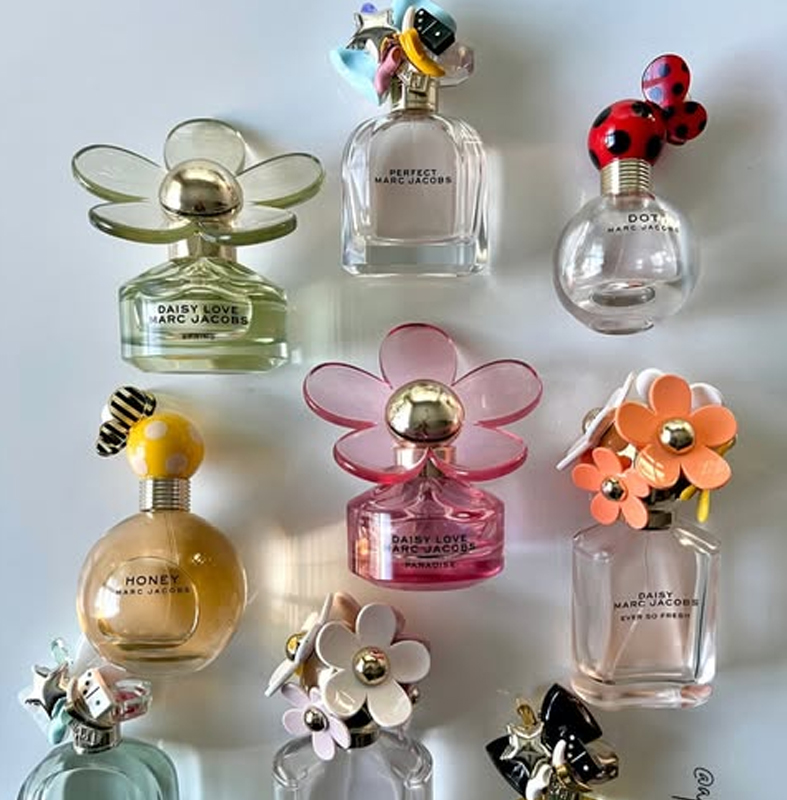
Mastering Private Label Perfume (1)
What Are Fragrance Houses and How Do They Shape Your Scent?
Fragrance houses are the unsung heroes of the perfume industry. These specialized companies employ master perfumers, also known as “noses,” who possess an extraordinary ability to create complex and appealing scents. They work closely with brands to develop unique fragrances that align with the brand’s vision and target audience.
The collaboration between fragrance houses and brands often begins with a brief that outlines the desired olfactory profile, target demographics, and brand story. From there, perfumers use their expertise in natural essences and synthetic compounds to craft a scent that captures the essence of the brand.
“A great perfume is a work of art, a fusion of science and creativity that speaks to the emotions and senses.” – Anonymous Master Perfumer
The Art and Science of Scent Development: Crafting Your Signature Fragrance
Scent development is a meticulous process that combines artistry with scientific precision. It begins with selecting a fragrance family (e.g., floral, oriental, woody) and then layering various notes to create a harmonious and distinctive scent. Perfumers must consider factors such as long-lasting formulas and the interplay between different ingredients.
Modern scent development also takes into account current trends, such as the growing popularity of unisex options and layering collections. These trends offer opportunities for brands to create versatile fragrances that appeal to a broader audience and encourage multiple product purchases.
Sourcing Premium Ingredients: The Foundation of Exceptional Fragrances
The quality of a perfume is largely determined by its ingredients. Sourcing premium, ethically-produced ingredients is crucial for creating a high-quality fragrance that stands out in the market. This involves establishing relationships with reliable suppliers and potentially exploring exotic locales for unique natural essences.
Many brands are now emphasizing the use of sustainable and organic ingredients in response to growing consumer awareness about environmental and health concerns. This trend not only appeals to eco-conscious consumers but also often results in more complex and interesting scent profiles.
| Ingredient Type | Benefits | Considerations |
|---|---|---|
| Natural Essences | Unique, complex scents | Sustainability, cost |
| Synthetic Compounds | Consistency, longevity | Potential allergens |
| Organic Ingredients | Eco-friendly appeal | Certification process |
Who Is Your Ideal Customer? Defining Target Demographics for Your Fragrance
Understanding your target demographics is crucial for developing a successful private label perfume. Factors such as age, gender, lifestyle, and cultural background all play a role in fragrance preferences. Conducting market research and utilizing tools like scent profiling quizzes can help you identify your ideal customer base.
Once you’ve defined your target audience, you can tailor your fragrance, packaging, and marketing strategies to appeal specifically to this group. This might involve creating seasonal releases that align with your audience’s lifestyle or developing fragrance guides to educate and engage your customers.
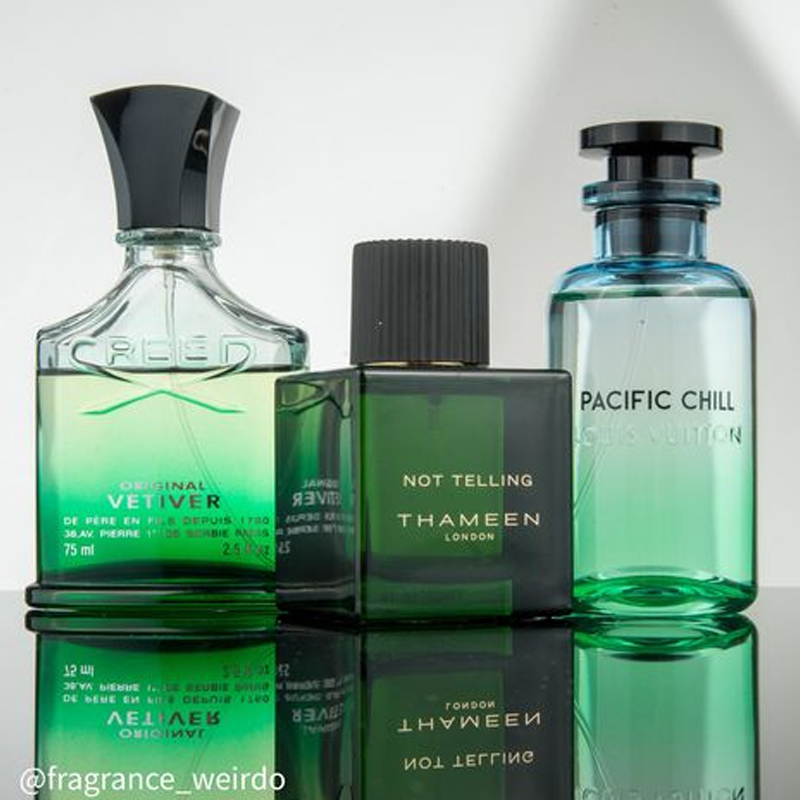
Quality Control: Ensuring Consistency and Excellence in Every Bottle
Maintaining consistent quality is paramount in the fragrance industry. Implementing robust quality control measures ensures that every bottle of your perfume meets the high standards your customers expect. This involves regular testing of raw materials, monitoring the production process, and conducting thorough checks on the final product.
Effective quality control also extends to packaging and presentation. Ensuring that bottles are properly sealed, labels are accurately applied, and packaging is pristine contributes to the overall perception of your brand as a purveyor of luxury products.
How to Develop a Pricing Strategy That Maximizes Profit and Value?
Developing an effective pricing strategy for your private label perfume requires a delicate balance between profitability and perceived value. Factors to consider include production costs, target market positioning, and competitor pricing. It’s important to remember that in the fragrance industry, price often serves as an indicator of quality and exclusivity.
Consider offering a range of products at different price points to cater to various segments of your target market. This might include a premium line with luxury packaging and rare ingredients, as well as more affordable options for everyday wear.
Navigating the Supply Chain: From Concept to Consumer
Efficient supply chain management is crucial for the success of your private label perfume brand. This involves coordinating various stages, from ingredient sourcing and production to distribution and retail placement. Implementing robust inventory tracking systems can help you maintain optimal stock levels and prevent stockouts or overstock situations.
Consider the benefits of e-commerce integration in your supply chain strategy. Direct-to-consumer sales can provide valuable data on customer preferences and buying patterns, while also offering higher profit margins compared to traditional retail channels.
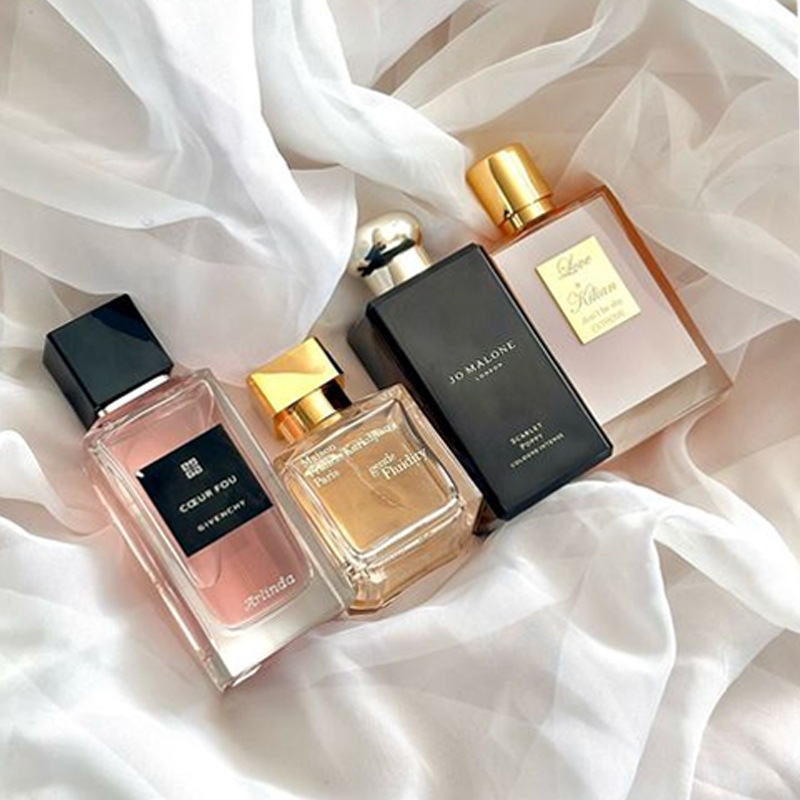
Telling Your Brand’s Story: The Power of Narrative in Fragrance Marketing
In the competitive world of fragrances, a compelling brand story can set you apart from the crowd. Your brand narrative should encompass the inspiration behind your scents, your company’s values, and the emotions you want to evoke in your customers. Effective brand storytelling creates an emotional connection with your audience, fostering brand loyalty and encouraging repeat purchases.
Leverage various channels to tell your brand story, including your website, social media campaigns, and product packaging. Collaborating with fragrance influencers can also help amplify your brand narrative and reach a wider audience.
Innovative Packaging: Making Your Fragrance Stand Out on the Shelf
In the fragrance industry, packaging is more than just a container – it’s an integral part of the product experience. Innovative packaging design can capture attention, convey your brand identity, and enhance the overall perceived value of your perfume. Consider factors such as bottle shape, cap design, and outer packaging when developing your product presentation.
Sustainability is increasingly important in packaging design. Explore eco-friendly options such as recyclable materials or refillable bottles to appeal to environmentally conscious consumers. Remember to balance aesthetics with practicality – your packaging should not only look good but also protect the fragrance and be easy to use.
Staying Ahead of the Curve: Emerging Fragrance Trends and Consumer Preferences
The fragrance industry is constantly evolving, with new trends emerging regularly. Staying informed about these trends can help you develop products that resonate with current consumer preferences. Some recent trends include a growing interest in niche and artisanal fragrances, increased demand for natural and clean formulations, and a rise in gender-neutral scents.
Engage with your customers through social media campaigns and gather customer feedback to stay attuned to changing preferences. Consider offering limited edition or seasonal releases to capitalize on trending scents or themes.
Partnering with Chinese Factories: Enhancing Your Private Label Perfume Business
For those looking to optimize their private label perfume business, partnering with Chinese factories can offer significant advantages. China’s manufacturing sector has made great strides in quality control and innovation, making it a viable option for producing high-quality fragrances at competitive prices.
Working with Chinese manufacturers can provide access to cutting-edge technology, diverse ingredient sources, and efficient production processes. This partnership can help you streamline your supply chain, reduce costs, and bring your fragrances to market more quickly.
If you’re considering exploring Chinese manufacturing options for your private label perfume brand, BuyFromChinaDirect can help. Our expertise in sourcing and quality assurance can guide you through the process, ensuring that you find reliable partners who can deliver the quality and consistency your brand demands. Contact us to learn how we can support your fragrance business and help you source smarter in this dynamic industry.

